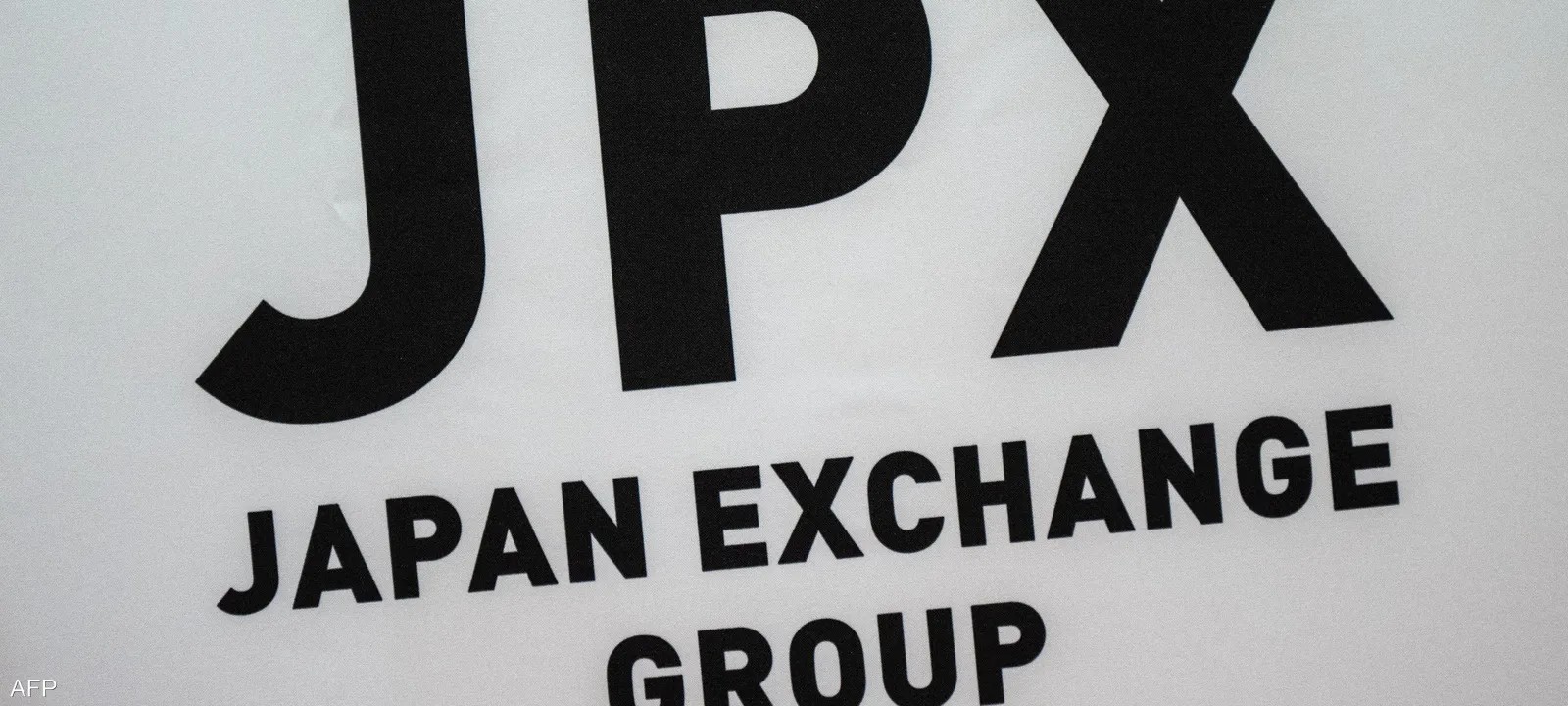The Japanese yen fell in the Asian market on Monday at the beginning of the week’s trading against a basket of global currencies, returning to negative territory against the US dollar, resuming its losses that stopped for two days within the recovery operations from the lowest level in four months.
The decline comes after a summary of the Bank of Japan's views from its October meeting showed Japanese policymakers were divided on the timing of a rate hike, and indicated that the yen's movements in the foreign exchange market would remain key to determining that timing.
Price overview
Japanese Yen Exchange Rate Today: The dollar rose against the yen by 0.65% to (153.61¥) from today’s opening price of (152.62¥), and recorded its lowest level at (152.61¥).
The Japanese yen ended Friday's trading up 0.25% against the US dollar, in its second consecutive daily gain, as the recovery from a four-month low of 154.71 yen continues.
In addition to the low-level buying, the yen rose after Japanese authorities issued a series of warnings about the local currency's excessive decline.
Bank of Japan
A summary of views at the Bank of Japan's October meeting, released on Monday, showed Japanese policymakers were divided over when interest rates might be raised, with some warning of the risk of renewed market volatility after the U.S. presidential election.
At its October 30-31 meeting, the Bank of Japan kept interest rates very low, but noted that risks to the U.S. economy had begun to recede, suggesting conditions were ripe for another rate hike.
Some of the Bank of Japan's nine-member board recommended proceeding slowly in normalizing monetary policy, with one stressing that the central bank should take its time and be cautious when raising interest rates.
Another member warned of the risk that raising interest rates could lead to market turmoil, which could derail the bank's long-term path toward unwinding massive monetary stimulus.
The summary showed that there are views calling for clear communication about the Bank of Japan's intention to continue raising interest rates if its economic and inflationary expectations are realized.
One member was quoted as saying the bank should consider further rate hikes after pausing to assess developments in the U.S. economy, adding that Japan's economy no longer needed significant monetary support.
The summary also noted that some households and small businesses, which have been most affected by higher import costs, appear to welcome a reversal of the yen's weakness.
The summary also showed that the weakness of the yen in the foreign exchange market has become a concern for Japanese policymakers, who fear the impact of rising costs of importing fuel and raw materials on consumption.
Japanese interest
A Reuters poll from Oct. 3-11 showed that a slim majority of economists expect the Bank of Japan to refrain from raising interest rates again this year, although about 90% still expect rates to rise by the end of March 2025.






































